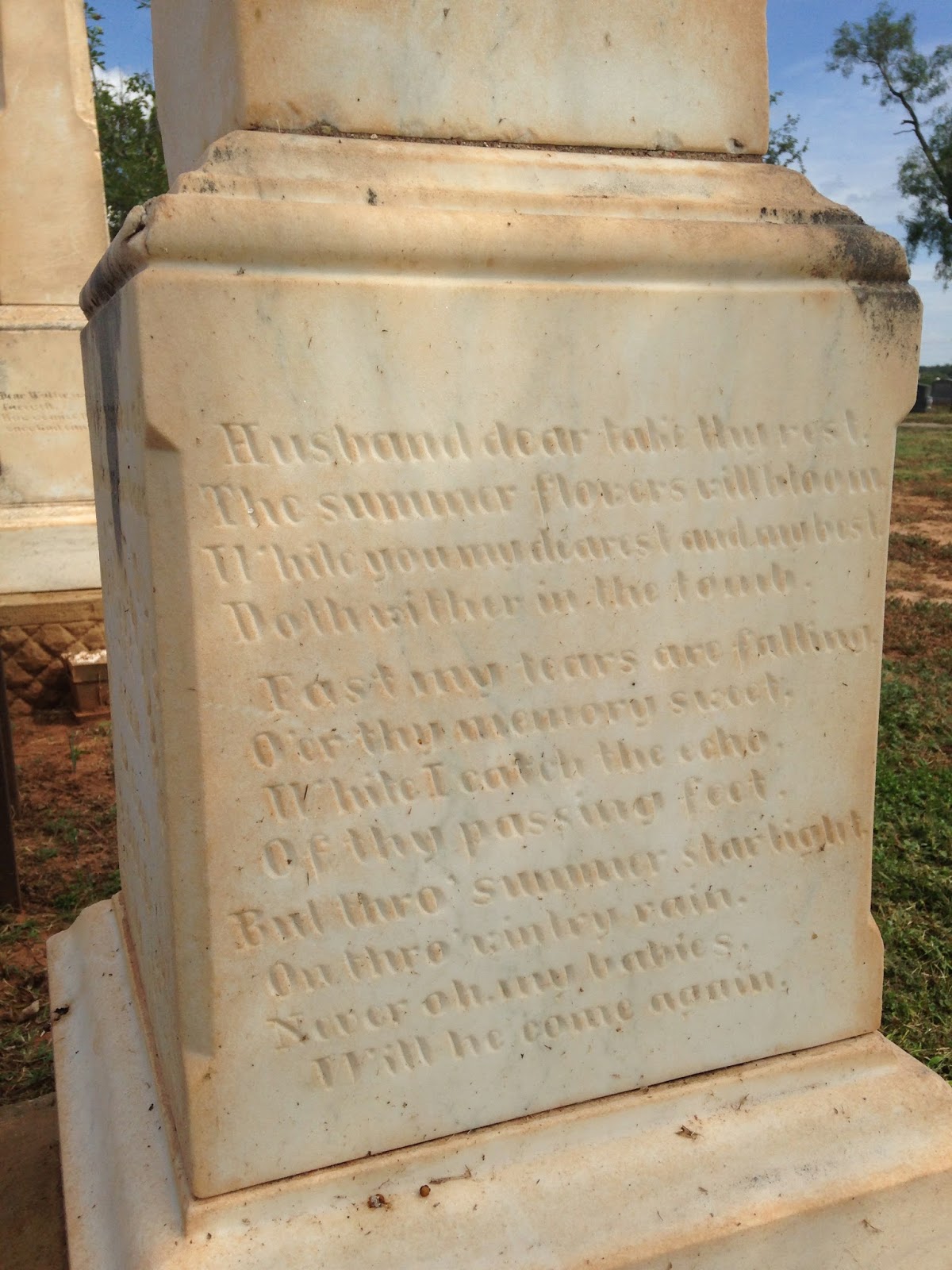 By far one of the most linked to posts on this blog is a post I wrote in 2013 about the experiences of Elizabeth Smart and the psychology of Christian purity culture. Search terms like "damaged goods" link people to that analysis:
By far one of the most linked to posts on this blog is a post I wrote in 2013 about the experiences of Elizabeth Smart and the psychology of Christian purity culture. Search terms like "damaged goods" link people to that analysis:
Many people emailed regarding the remarks of kidnapping survivor Elizabeth Smart when she spoke at a Johns Hopkins University human trafficking forum. In response Rachel had a post up reflecting on Elizabeth's presentation.
In sharing her experience of rape by her abductor and reflecting on why many victims stay with their abusers, Elizabeth made a connection with the Christian purity culture. Specifically, Elizabeth noted that, because of the sexual abuse she endured, she “felt so dirty and so filthy,” ruining her for the rest of her life. Such feelings create an inhibition to return to the world where you will be marked and known as "damaged goods." Who would want you--who would marry you--if you escaped or left?
In making this connection Elizabeth described hearing a lecture as a young person on abstinence where sex was compared to chewing gum. From the Christian Science Monitor article:
“I thought, ‘Oh, my gosh, I'm that chewed up piece of gum, nobody re-chews a piece of gum, you throw it away.' And that's how easy it is to feel like you no longer have worth, you no longer have value," Smart said. "Why would it even be worth screaming out? Why would it even make a difference if you are rescued? Your life still has no value."
Again, many readers pointed me to Elizabeth's remarks because in my book
Unclean I give some psychological insight as to how the Christian purity culture produces this experience of "damaged goods." And the analysis in
Unclean also provides a start on answering the question Rachel asked about Elizabeth's experiences, and the experiences of so many:
So what’s the alternative? How can we teach young people to value
the sacredness of sex and the importance of responsibility without
resorting to shame-based, fear-based tactics?
As I argue in
Unclean, I think the first step here is attending to how we metaphorically frame sexual sin, particularly for women.
Why is the Christian purity culture so toxic and shaming? Where does the feeling of "damaged goods" come from? Why do women carry the weight of this experience more than men?
And what might we do to change all this?
Some of the answers have to do with the
psychology of purity.
At root, purity is a food-attribution system, a suite of psychological processes that help us make judgments about whether or not it is safe or healthy to eat something.
One aspect of purity psychology is how we make contamination appraisals. The psychologist Paul Rozin has been a pioneer in naming and describing these appraisals. And one of these appraisals is the judgment of
permanence.
To illustrate this Rozin will put, say, a cockroach in a glass of juice and swish it around. He then removes the bug and offers the juice for participants to drink. They, of course, refuse. That's to be expected. But then the interesting part of the experiment begins. Rozin goes on to sterilize the juice in front of the watching participant. He then makes another offer. Participants continue to refuse. This despite knowing, at a rational level, that the juice has been sanitized. So why refuse? Because at the affective level a judgment of contamination continues to dominate. The juice is judged as unclean. Despite all efforts to purify, sanitize, or rehabilitate.
Rozin's demo illustrates the attribution of permanence, which is a key part of purity psychology. The judgment appears to be "once contaminated, always contaminated." The implication here is that contamination--a loss of purity--is
a catastrophic judgment creating a state that cannot be rehabilitated. The foodstuff is, as we say,
ruined. And if ruined it's only fit for the trash.
As I discuss in
Unclean, what happens when we structure parts of our moral experience with the metaphor of purity is that we import the psychology of contamination into our moral and spiritual lives. That is, we start to use the attribution of permanence (along with other purity appraisals I talk about in
Unclean) when thinking about moral failure and sin. A loss of purity is
understood to be permanent and is unable to be rehabilitated because, well, that's the way purity works.
Now what is peculiar about all this is that we use the purity metaphor in an uneven manner. Most sins don't get the purity metaphor. True,
generally understood sin is understood to be a purity violation. But
particular sins aren't typically viewed as a purity issue. Most sins are framed, metaphorically, as mistakes or errors, as
performance failures. Another common metaphor here is sin as a form of
stumbling or
falling. What is important to note about these metaphors--performance failures and stumbling--is that these metaphors aren't catastrophic in nature. That is, they can be easily rehabilitated. If you make a mistake you try again. If you stumble and fall you get back up. Inherent in the logic of the metaphor is an obvious route to rehabilitation.
But not so with the purity metaphor. When the sin is framed as a purity violation the damage that is done is total and unable to be rehabilitated. A purity violation creates a state of irreversible ruin.
And with that in mind let's ask ourselves, what sin categories are almost exclusively regulated by purity metaphors in our churches?
Answer: sexual sins, the loss of virginity in particular.
Think about it. I bet most of us would say that the sin most Americans are guility of is materialism. I bet most of us would even say that materialism is the sin most killing the church. And yet, when did you ever hear a talk about "materialism purity"? Beyond never hearing such a talk, the phrase "materialism purity" just sounds weird. And try tacking "purity" onto any other sin. Fill in the blank: "__________ purity." Can you think of any sin--except "sexual purity"--that works in the blank, that doesn't sound weird when framed as a purity violation?
The point is, we treat sexual sins and the loss of virginity very differently from other sins, as a class of sin unto itself. And how do we make that happen? We accomplish this by framing these sins almost exclusively with purity metaphors. And in doing so we recruit a psychological system built upon a food-aversion system, a system driven by disgust, revulsion, and nausea. But instead of directing these feelings toward
food we are now directing the feelings of disgust, revulsion and nausea toward
human beings. More, we teach our children to
internalize and direct these feelings toward themselves.
And I think we can sharpen this point even more.
Based upon my experience, I would argue that male sexual sin isn't generally framed as a purity violation.
The loss of male virginity still gets the performance failure metaphor. If a boy losses his virginity it's a
mistake, a
stumbling. Consequently, this is something he can easily rehabilitate. He's not damaged goods. He can simply resolve to do better going forward. How is this so easy for him? Because his sexuality is being regulated by a performance metaphor.
By contrast, and this is the heart of of the matter,
the loss of female virginity is almost exclusively regulated by the purity metaphor. For females the loss of virginity is a bit more than a performance failure. It's a loss of purity that, because of the way purity works, is catastrophic and beyond rehabilitation. And because of this she's got no way to move forward, metaphorically speaking. The game's over. And thus she reaches the only conclusion the purity metaphor makes available to her: She's damaged goods. And all the emotions related to that judgment of contamination rush forward as she internalizes all the shame, disgust, revulsion and nausea.
This is the psychology that makes the Christian purity culture so toxic.
But this analysis also suggests a way forward, a way to attenuate the damage done by purity cultures by consciously attending to the way we metaphorically frame sexuality for both men and women.































